Will businessmen on bail have a chance to remedy the consequences?
Regarding the draft Resolution of the National Assembly on a number of special mechanisms and policies for private economic development, Clause 4, Article 5 of the draft stipulates the principle of handling violations, not retroactively applying legal provisions to handle cases that are disadvantageous to enterprises, business households, and business individuals.
Discussing at the National Assembly on May 15, Delegate Ha Sy Dong ( Quang Tri ) proposed to add content to strengthen the application of bail measures in criminal proceedings. Only in cases of real necessity should temporary detention and temporary imprisonment be applied.
“In reality, in many cases, if businessmen are released on bail, they have the opportunity to recover damages or continue running their business. Prolonged detention and temporary imprisonment of businessmen often only resolves a small case but causes a large enterprise to fall into difficulty and lose its international competitiveness,” Mr. Dong stated.
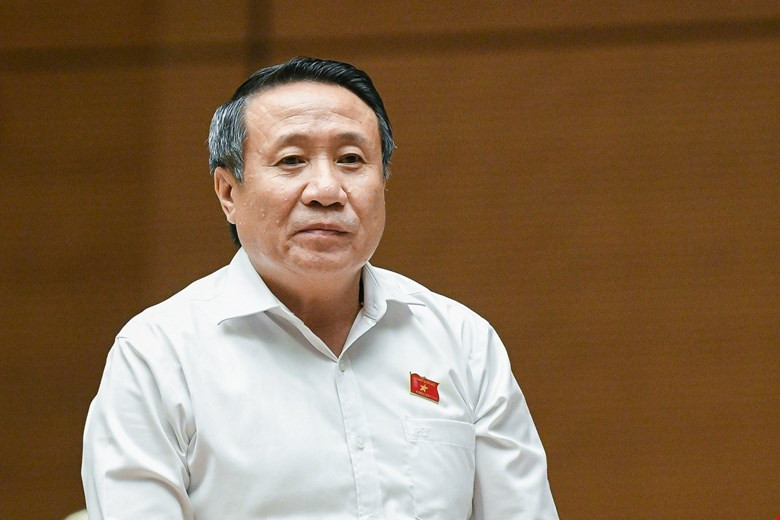
Regarding the regulation that enterprises, business households, and business individuals are allowed to proactively remedy damages; in cases where the application of legal regulations may lead to criminal prosecution or not, criminal prosecution will not be applied, Delegate Dao Chi Nghia ( Can Tho ) said that there must be a regulation limiting the time for enterprises to remedy the consequences to avoid the case from being prolonged.
Mr. Nghia is concerned that this regulation may overlook serious violations such as large-scale fraud and tax evasion. Prioritizing remediation also reduces the deterrent effect of the law.
Clause 8, Article 5 regulates legally formed assets, income assets obtained from illegal acts, and other assets related to the case. According to Mr. Nghia, distinguishing between legal assets and assets obtained from illegal acts is an extremely complicated task, especially in major economic cases. Therefore, specific regulations are needed, otherwise it will lead to inconsistent application.
“It is necessary to issue criteria on legal assets and assets obtained from violations, and at the same time strengthen the capacity of the prosecution agency in verifying assets. Regulations on temporary monitoring mechanisms for assets during the investigation process should be established to prevent the dissipation of assets while still ensuring the legitimate rights of enterprises,” said Mr. Nghia.
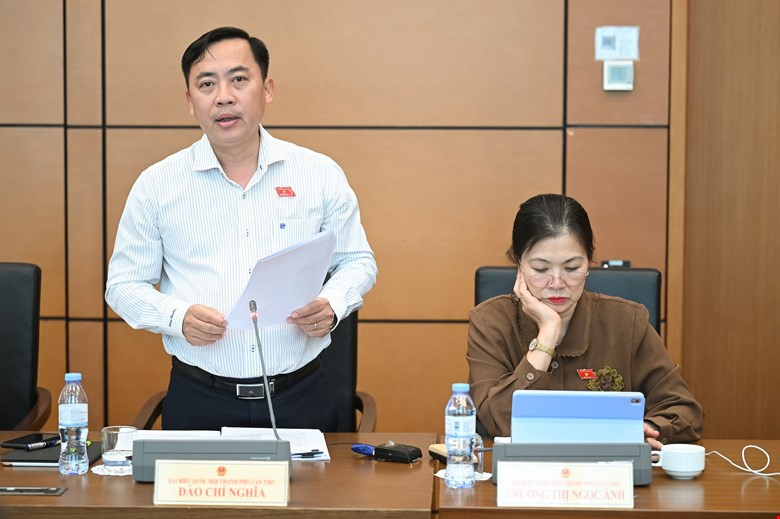
Commercial mediation comes first
In Article 6 regulating the settlement of bankruptcy procedures for enterprises, delegate Nghia said that it is necessary to continue researching the application of new technologies, especially online processing, to shorten the time for processing bankruptcy procedures for enterprises.
Delegate Ha Sy Dong also expressed his agreement with the regulation on bankruptcy settlement under simplified procedures, but he proposed adding regulations on resolving commercial business disputes - a bottleneck for many private enterprises wanting to develop.
In particular, ensuring compliance with procedural time limits when handling, adjudicating and enforcing judgments on commercial business cases. Delays and prolongations in case handling and enforcing commercial business judgments are considered a basis for assessing and handling the responsibility of officials.
“This is a very pressing issue for businesses because the time to process commercial business cases is too long. We need to set a goal of increasing the rate of successful civil enforcement to over 80% for cases with enforcement conditions,” Mr. Dong noted.
Delegate Le Xuan Than (Khanh Hoa) said that in market economic relations, disputes are inevitable. The mechanism of commercial mediation, commercial arbitration, and commercial courts to resolve disputes must be included in the draft, only then can an open environment be created.
“When a dispute arises, mediation must be given top priority. If mediation fails, a lawsuit can be filed in court or commercial arbitration. Commercial arbitration mechanisms should also be included in the draft,” Mr. Than suggested.
Regarding the regulation in Clause 3, Article 4 requiring strict handling of acts of abusing inspection and examination to cause difficulties for enterprises, business households and business individuals, Delegate Nguyen Manh Hung (Can Tho) proposed a higher level, which is to "strictly prohibit" acts of abusing inspection and examination to cause difficulties for enterprises, business households and business individuals.
Delegate Ha Sy Dong proposed to add that during the inspection and examination process, state agencies are not allowed to request enterprises to present documents issued by the state agency itself; documents that have been published or updated on national databases that the agency has access to.
During the inspection, examination, and licensing process, in addition to citing legal regulations, Mr. Dong said that businesses have the right to cite similar cases with previous conclusions from competent state agencies to protect their rights. If the state agency decides differently from the previous case, it must clearly explain the reason, this is to avoid arbitrariness during the inspection and examination process.
Source: https://vietnamnet.vn/de-xuat-doanh-nhan-pham-toi-duoc-tai-ngoai-de-dieu-hanh-doanh-nghiep-2401588.html


![[Photo] Top players gather at the 2025 Nhan Dan Newspaper National Table Tennis Championship](https://vphoto.vietnam.vn/thumb/1200x675/vietnam/resource/IMAGE/2025/5/23/9ad5f6f4faf146b08335e5c446edb107)








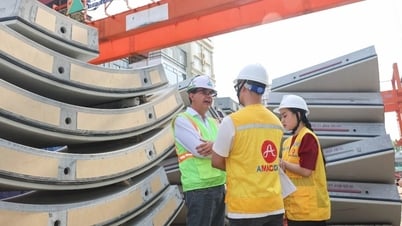




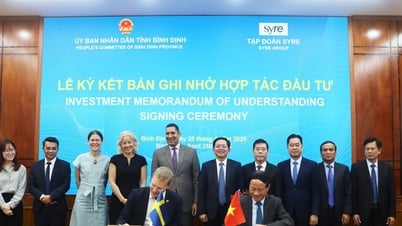




















































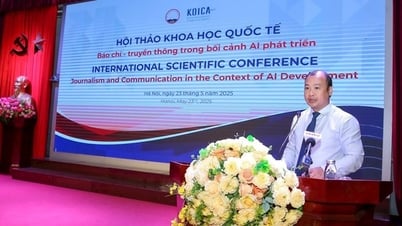
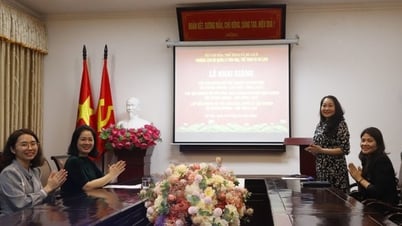
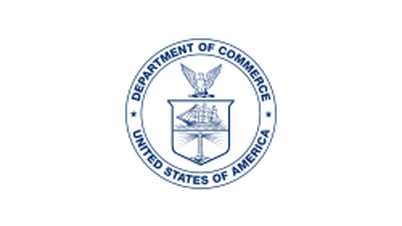

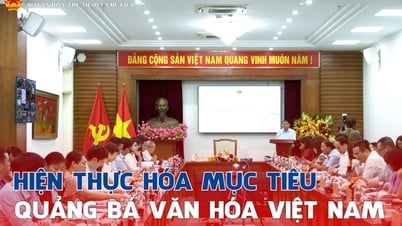


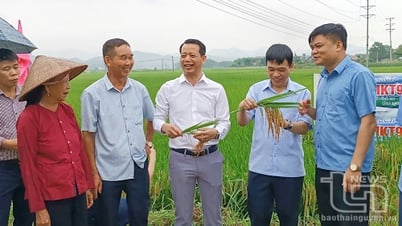

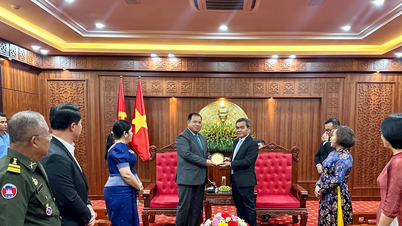
















Comment (0)